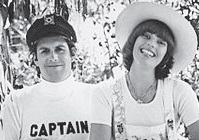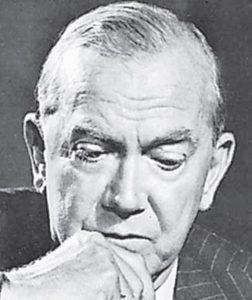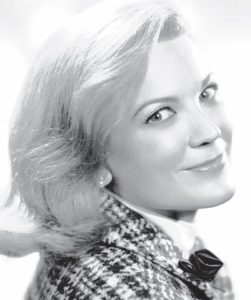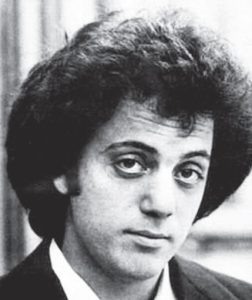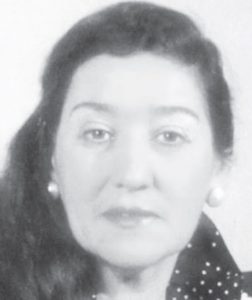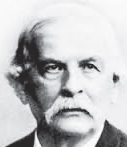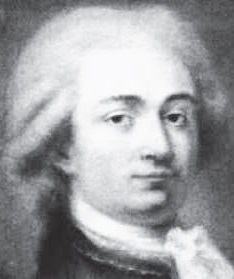 REVIEW POTPOURRI
REVIEW POTPOURRI
by Peter Cates
Robert Farnon
Robert Farnon Concert
London, LPB 126, ten inch vinyl mono LP, recorded 1949.
Canadian-born, composer/conductor Robert Farnon (1917-2005) recorded numerous albums of the most imaginative mood music arrangements, a quality of work equalled, in my experience, only by Percy Faith, Paul Weston, Nelson Riddle, and Andre Kostelanetz. The above disc contains five of the man’s own compositions – Rudolf Friml’s classic Donkey Serenade, Vincent Youman’s captivating The Carioca and the Viennese operetta composer, Robert Stolz’s intriguing Persian Nocturne.
My special favorite here was Farnon’s wistful How Beautiful is Night; judging from the number of yts presenting this song, it seems to have been very popular. One of the posts is a 1971 rare 45 featuring Tony Bennett, with Farnon conducting, that is recommended listening.
My own copy of the record has the stamp of the long gone Waterville store, A.W. Larsen’s, where I bought a number of records as a beginning collector back in the early-to-mid ‘60s and remember the owner, Al Larsen, as a very nice and helpful gentleman.
Thomas Tallis
Lamentation of Jeremiah
William Byrd: Mass for 3 Voices; Pro Cantione Antiqua, conducted by Bruno Turner; Archiv 2533 113, 12-inch vinyl stereo LP, recorded 1972.
The Pro Cantione Antiqua is a vocal group consisting of nine men, ranging from bass to a very high countertenor. It was founded in 1968, specializing in 15th and 16th century music written for the male voice by English and European composers and have performed in concerts and on recordings umpteen times.
Both of the above works by Thomas Tallis (1505-1585) and his pupil/colleague William Byrd (1543-1623) are eloquent examples of what is known as Tudor church music, sung most movingly on this recording. Since the two men lived out most of their working lives under the Tudor monarchy, they experienced the ominously shifting winds of the Protestant Reformation and had to toe the line on English versus Latin texts – Henry VIII’s blood-laden move of spiritual obeisance from the Church of Rome to his own creation of the Church of England; and his own eldest daughter, Bloody Mary, with her terroristic return to Rome. Only with Elizabeth’s accession to the throne in 1558 and her granting of favor to Tallis, Byrd and other gifted composers were they able to breathe reasonably freely.
An interesting postscript. The conductor Bruno Turner made millions in the wallpapering business after World War II due to the inevitable construction boom, courtesy of the German Luftwaffe.
Vinyl
The Wacky World of Record Collecting
produced by Allen Zweig; released 2000, approximately 2 hours.
Since I own a record collection consisting of over 50,000 items, I was definitely interested in viewing this documentary. I was especially hoping for collectors to share their own specific interest areas, state the specific qualities of a performer or genre that moved them and provide some interesting records to check out.
This would not be the case! Instead Zweig indulges one main obsession rooted in his own habits as a collector – why has he spent so much money, time and energy accumulating thousands of records instead of getting a life, so to speak. He talks about wanting to find a wife, get married and maybe at least having a daughter so he can put together a bicycle for her enjoyment. He is even honest enough to state that he would happily give up all of his records for a family.
Then he does a series of interviews with other collectors – a better term for most of them would be hoarders. One very seemingly calm individual speaks of his desire to own a record of every song written, regardless of language.
Another has gathered every different US release of all Elvis Presley recordings. Using the G.I. Blues album as an example- he would have bought the single 45s, 45 extended play albums (two songs per side), mono LP, stereo LP, four track tape, eight track tape, reel to reel tape, cassette, any anthology containing at least one song from the release, compact disc, video cassette of the movie, laser disc, DVD, Blue ray and any other edition with a different cover, liner notes and photographs. As for releases in foreign countries, he is practical with his money and wants to use common sense. Therefore it would have to contain, again, a different cover, notes, photos and mastering.
Still another hardly plays any records because he lacks the will to move from his chair. Finally, one individual decided one day to get rid of his collection but refused to sell or give it away because he was horrified at the thought of others hearing and owning his records. Instead, he personally threw every record into a dumpster. Afterwards, he felt more relaxed than he had in years.
I should state here that there are “normal’ individuals who have similarly-sized collections (Of course, I am not trying to imply anything with regard to myself – LOL!) .
All in all, the film was both interesting but at times perturbing, to put it politely!
 REVIEW POTPOURRI
REVIEW POTPOURRI
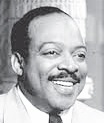
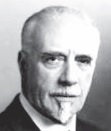


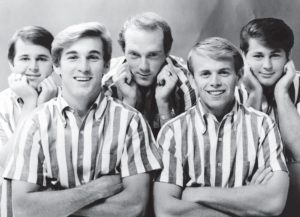
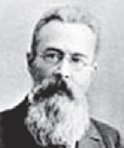
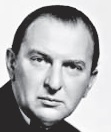
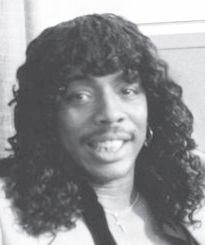
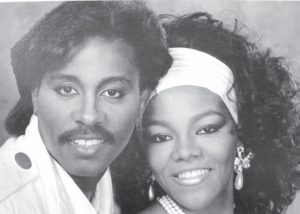
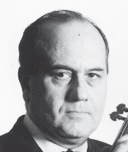
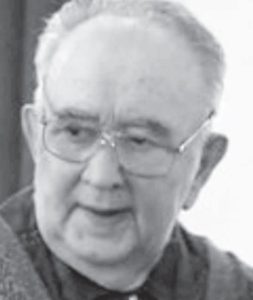 The two sides of both 45s and the Mozart Sinfonia that are reviewed above are available for listening on YouTube. The Eine Kleine Nachtmusik conducted by Igor Oistrakh is not available but one recorded by his father David Oistrakh is posted along with several other recordings.
The two sides of both 45s and the Mozart Sinfonia that are reviewed above are available for listening on YouTube. The Eine Kleine Nachtmusik conducted by Igor Oistrakh is not available but one recorded by his father David Oistrakh is posted along with several other recordings.